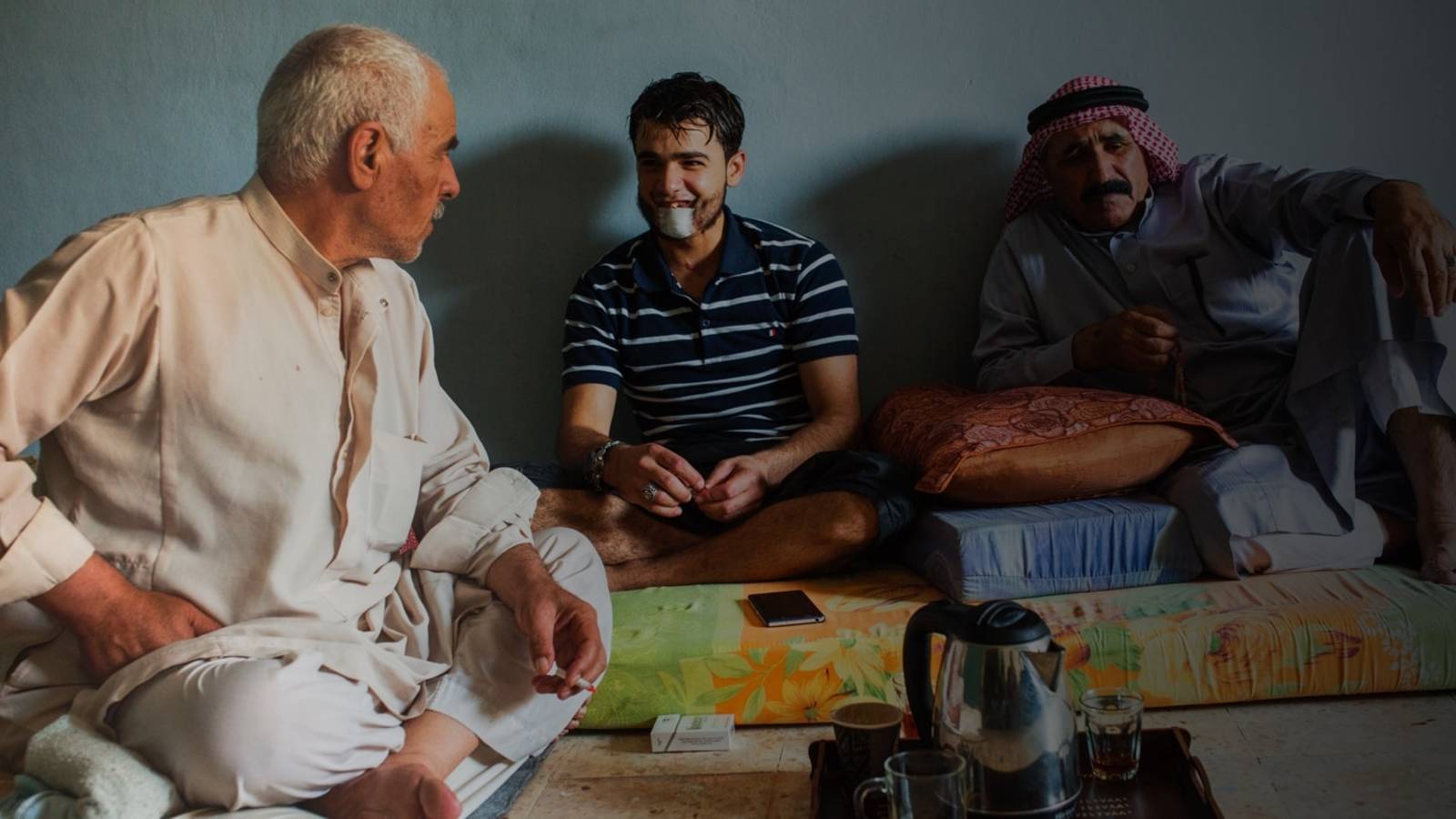The Reconstructive Surgery

Surgeons at the RSP perform very specific operations on war wounds inflicted by bomb blasts, shrapnel, bullet wounds, and burns from conflict. The RSP's surgical team consists of four orthopedic surgeons, one maxillofacial surgeon, and one plastic surgeon –– all from Iraq and Jordan –– who have, over the past 18 years performed more than 17269 surgeries on over 7819 patients. On average five to six operations are performed every day at the RSP. As a result of the regularity with which they treat such injuries, they have developed unique experiences and skills. In tandem with physiotherapy, reconstructive surgery aims to restore functionality and mobility to patients who have had their bodies and lives altered by weapons of war.
The RSP's surgical team consists of four orthopedic surgeons, one maxillofacial surgeon, and one plastic surgeon –– all from Iraq and Jordan ––
ORTHOPAEDIC
Often a result of bomb explosions or bullet wounds, patients come to the hospital with injuries that reduce or completely prevent them from using their limbs.
In response to these injuries, surgeons perform several complex operations to manage bone defects. Hand surgeries and soft-tissue surgeries, such as nerve and tendon surgeries, are also performed. In addition, injuries with bone infections, typically osteomyelitis, are treated at the hospital, through a very strict and regimented antibiotic stewardship program.
All these reconstructive procedures aim to give back functionality to patients with injured limbs.
PLASTIC AND BURN SURGERY
Many patients in the RSP, particularly women and children, are victims of serious burns, often caused by bombings and explosions, or other violent incidents. Typical cases involve severe skin contractures that impair joint functionality, impede vision, and compromise a patient's ability to eat and speak. To improve the functionality of the affected areas, the plastic surgeon at the RSP performs operations to release contractures followed by soft tissue coverings with skin grafts and skin flaps.
MAXILLOFACIAL
Patients who arrive at the RSP with maxillofacial injuries – injuries to the neck, face, and jaw – are often victims of shelling, explosions, and gunshots, particularly from the conflicts in Syria and Iraq. Their wounds generally include fractures and bone defects, as well as skin and soft tissue defects that affect breathing, eating, or speaking. The maxillofacial surgeon at the RSP performs complex surgeries in the affected areas, often refiguring the jaw and mouth with metal plates and skin grafts, which restore the patient’s ability to eat, drink, and speak again.

